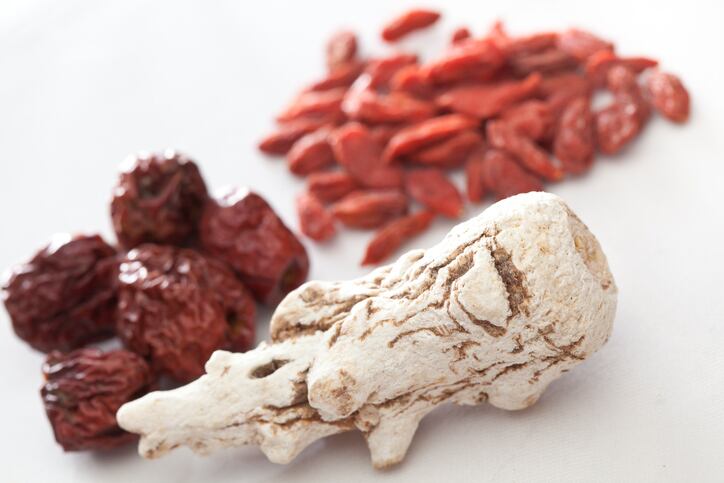The company is now planning to undertake further studies to validate its effects in different populations at a lower dose.
The benefits are said to have stemmed from yeast beta-glucan’s gut microbiome modulating effects, as the amount of beneficial bacteria like Bifidobacterium and Lactiplantibacillus plantarum had increased in numbers.
In other words, yeast beta-glucan is said to have alleviated symptoms of MCI via the gut-brain axis.
Angel Yeast released key findings of the clinical trial during a presentation titled “Alzheimer’s? New Discovery in yeast-beta glucan improving MCI” at the Food Ingredients China (FI-China) tradeshow held in Shanghai on March 18.
The researchers are also in the process of writing a research paper on the findings for publication on scientific journals.
A total of 138 adults with MCI were randomised to take either the placebo or two capsules each containing 250mg of yeast beta-glucan twice per day for six months.
Key findings showed that yeast beta-glucan can improve MCI by modulating the gut microbiome, Chris Chen, deputy general manager, Angel Yeast Nutrition and Health Technology Centre told NutraIngredients-Asia at the tradeshow.
“Yeast beta-glucan is not just for improving the immune system, because it has good effects on gut microbiome modulating, by supporting probiotics’ benefits and producing beneficial short-chain fatty-acid (SCFA) metabolites.
“It is known that there are links between different organs and the gut, like the gut-brain axis and the gut-muscle axis.
“For Alzheimer’s disease (AD), it could have stemmed from gut microbiota dysbiosis as one ages, as bacteria such as Bifidobacterium decreases with age."
Inflammation is another cause that is linked to many diseases, she added.
There were also improvements based on questionnaires evaluating MCI, as well as cognitive function and memory.
The clinical trial, which lasted for two years, was a follow-up to a mice study conducted by research partners from Huazhong University of Science and Technology and Wuhan University of Science and Technology.
Findings of the mice study, which were published in the International Journal of Biological Macromolecules in 2020, reported that yeast β-glucans had improved cognition deficits and pathological changes in AD-like mice.
These include an increase in SCFAs levels and restored gut microbiota dysbiosis.
It also ameliorated AD-like symptoms by alleviating inflammation and brain insulin resistance, said the report.
Chen said the company would continue to study the effects of yeast beta-glucan on MCI, particularly its effects at a lower dose and effects among the white people.
Building research on yeast beta-glucan and immunity
The company is also building up its scientific studies showing the benefits of yeast beta-glucan on the immune system.
It is partnering the Chinese Center for Disease Control and Prevention on a study conducted on children who are at school-going age.
The objective is to find out if yeast beta-glucan supplementation can help improve immunity and its effects against upper respiratory tract infection.
The trial is expected to commence next month.
The new clinical trial will build up on its study conducted on adults, where findings were published in the journal Food and Nutrition Sciences last June.
The study conducted in Australia involved 231 men and women aged 18 to 65, where they took either 200mg of yeast beta-glucan containing a minimum of 85 per cent 1-3, 1-6 beta-glucan or placebo daily in the morning for three months.
The researchers reported that the supplementation with yeast beta-glucan has reduced the self-reported severity of sore throats and improved sleep quality as compared to the placebo group.
Another area of clinical trial interest in the effects of yeast protein on muscle and sports performance, which is currently under planning, said Chen.





